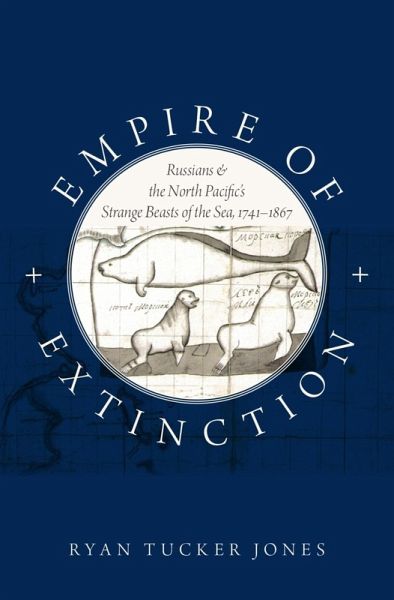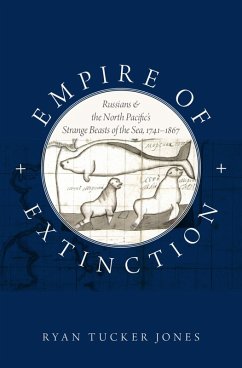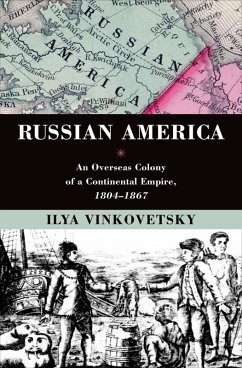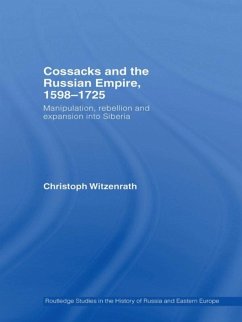
Empire of Extinction (eBook, ePUB)
Russians and the North Pacific's Strange Beasts of the Sea, 1741-1867
Versandkostenfrei!
Sofort per Download lieferbar
19,95 €
inkl. MwSt.
Weitere Ausgaben:

PAYBACK Punkte
10 °P sammeln!
In the second half of the eighteenth century, the Russian Empire-already the largest on earth-expanded its dominion onto the ocean. Through a series of government-sponsored voyages of discovery and the establishment of a private fur trade, Russians crossed and re-crossed the Bering Strait and the North Pacific Ocean, establishing colonies in Kamchatka and Alaska and exporting marine mammal furs to Europe and China. In the process they radically transformed the North Pacific, causing environmental catastrophe. In one of the most hotly-contested imperial arenas of the day, the Russian empire org...
In the second half of the eighteenth century, the Russian Empire-already the largest on earth-expanded its dominion onto the ocean. Through a series of government-sponsored voyages of discovery and the establishment of a private fur trade, Russians crossed and re-crossed the Bering Strait and the North Pacific Ocean, establishing colonies in Kamchatka and Alaska and exporting marine mammal furs to Europe and China. In the process they radically transformed the North Pacific, causing environmental catastrophe. In one of the most hotly-contested imperial arenas of the day, the Russian empire organized a host of Siberian and Alaskan native peoples to rapaciously hunt for fur seals, sea otters, and other fur-bearing animals. The animals declined precipitously, and Steller's sea cow went extinct. This destruction captured the attention of natural historians who for the first time began to recognize the threat of species extinction. These experts drew upon Enlightenment and Romantic-era ideas about nature and imperialism but their ideas were refracted through Russian scientific culture and influenced by the region's unique ecology. Cosmopolitan scientific networks ensured the spread of their ideas throughout Europe. Heeding the advice of these scientific experts, Russian colonial governors began long-term management of marine mammal stocks and instituted some of the colonial world's most forward-thinking conservationist policies. Highlighting the importance of the North Pacific in Russian imperial and global environmental history, Empire of Extinction focuses on the development of ideas about the natural world in a crucial location far from what has been considered the center of progressive environmental attitudes.
Dieser Download kann aus rechtlichen Gründen nur mit Rechnungsadresse in A, B, BG, CY, CZ, D, DK, EW, E, FIN, F, GR, HR, H, IRL, I, LT, L, LR, M, NL, PL, P, R, S, SLO, SK ausgeliefert werden.













